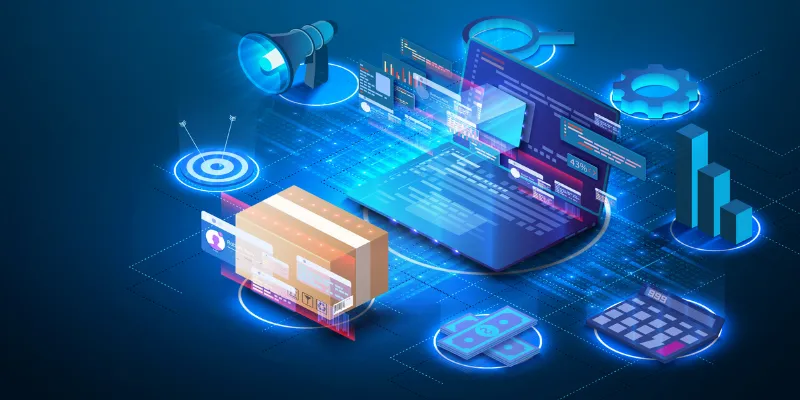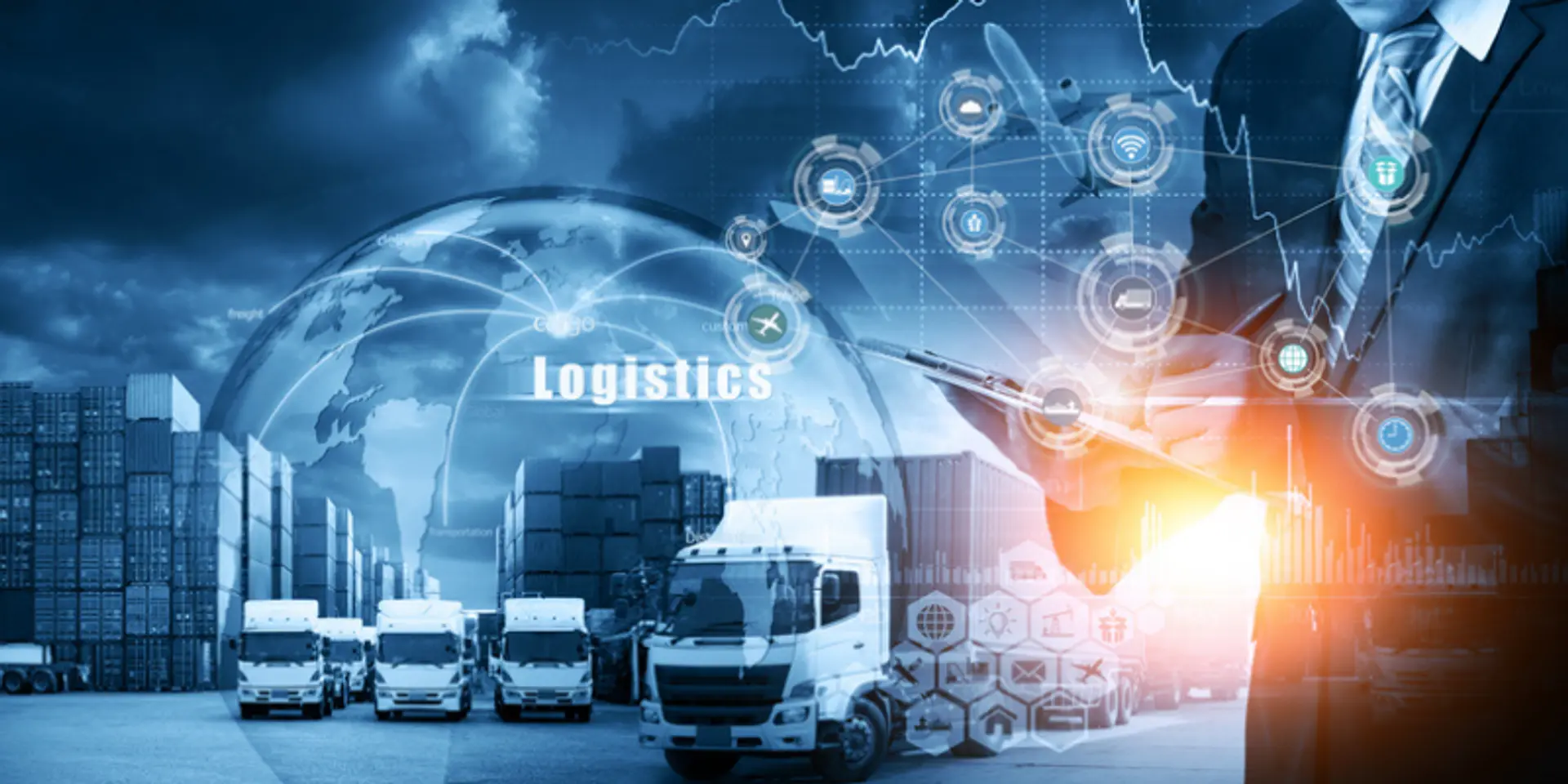How technology is making logistics sector efficient, transparent, consumer-centric, future-ready
Logistics operations are crucial in ensuring the right product reaches the right customers. By leveraging new tech solutions, D2C businesses can build accuracy and transparency for timely payments and deliveries.
India’s logistics sector, especially after the pandemic, has emerged as a key player in fuelling the growth of the country's economy. With digitalisation and large-scale tech adoption, the rise of ecommerce businesses and online shopping have unlocked huge opportunities.
Path-breaking initiatives such as Atmanirbhar Bharat and Make in India have brought domestic manufacturing into focus. In addition, the country is further witnessing a rise of D2C businesses.
As logistics plays a critical role, leveraging new-age tools to streamline processes, build efficiency, meet demands and build overall customer satisfaction becomes important. Technology is transforming operations across sectors and logistics is not untouched by it.
Delivering better customer satisfaction
Logistics operations are crucial in ensuring the right product reaches the right customers, thus it becomes imperative to leverage new tech solutions to build accuracy and transparency for timely payments and deliveries with positive feedback.
Today, advanced fulfilment software has made it easier to accelerate order processing, ensure timely and cost-effective delivery, and eliminate time-intensive and error-prone manual entry. The consumers are notified of their order status in real-time—from ordering, shipping, to delivery, leading to overall consumer satisfaction.

Automation
Automation ensures item availability at retail locations, greatly benefitting businesses and helping them save money on storage/warehouse costs. Warehouse management tools backed by the latest technology ensure that stock is properly packed and organised before shipping.
It offers easy access to manage stock levels with real-time updates via an application. In addition, by utilising new age technology such as artificial intelligence, picking and task assignment, enhancing user experience and streamlining processes become easier. Redefining supply chain agility using digital tools can equip organisations with the knowledge to direct their assets in a manner that best optimises machines, working capital, and resource allocations to build and supply the products that the market most desires.
By leveraging technology, businesses can improve their customer management and communication processes to enhance customer experience, reach a mobile-first audience, and engage and retain customers with targeted content delivery.
Ensuring fraud detection, safety and transparency
Digital tools and technology ensure transparency and safety by spotting and detecting fraud. In product delivery, there are chances of product replacements or returns after delivery. The tools quickly identify the value of the returned or replaced stock.
Moreover, secured encryptions integrated with multiple websites and marketplaces ensure the safety of customer data. Safe payment gateways, processing with multiple layers of authentication through various modes of payment like net banking, credit and debit cards, as well as UPI and COD4 technologies make sure that the entire ecosystem is protected against frauds or threats like hacking or even cyberattacks.
Delivery experience for riders
The digital solutions offer a chance to make the entire delivery experience rewarding for the riders and increase their productivity.
With an all-in-one application with a unique dashboard can act as a single source of contact for warehouse mapping post receiving order alerts, pin code mapping for efficient load allocation within a specified radius for riders, geo-fencing of rider visibility for quick pickups, order status report sequence mapping of orders ensures seamless workflow for riders, and results in timely and safe deliveries.
The app can also help in garnering timely and healthy feedback on rider experience and the generated data helps in timely payment of remuneration and incentives based on attendance, good work, or even following traffic guidelines to make riders feel a part of a bigger cause.
Undoubtedly, amidst growing ecommerce and D2C businesses, the importance of the logistics sector has reached new heights. As the demand is set to grow in the coming time, it will be crucial for logistics companies to build tech capabilities while keeping innovation at the centre. This will not just ensure their resilience against market disruptions but will further pave the way for them to scale further and become future-ready.
Edited by Kanishk Singh
(Disclaimer: The views and opinions expressed in this article are those of the author and do not necessarily reflect the views of YourStory.)








